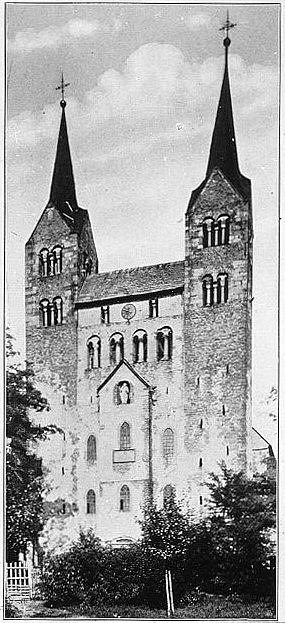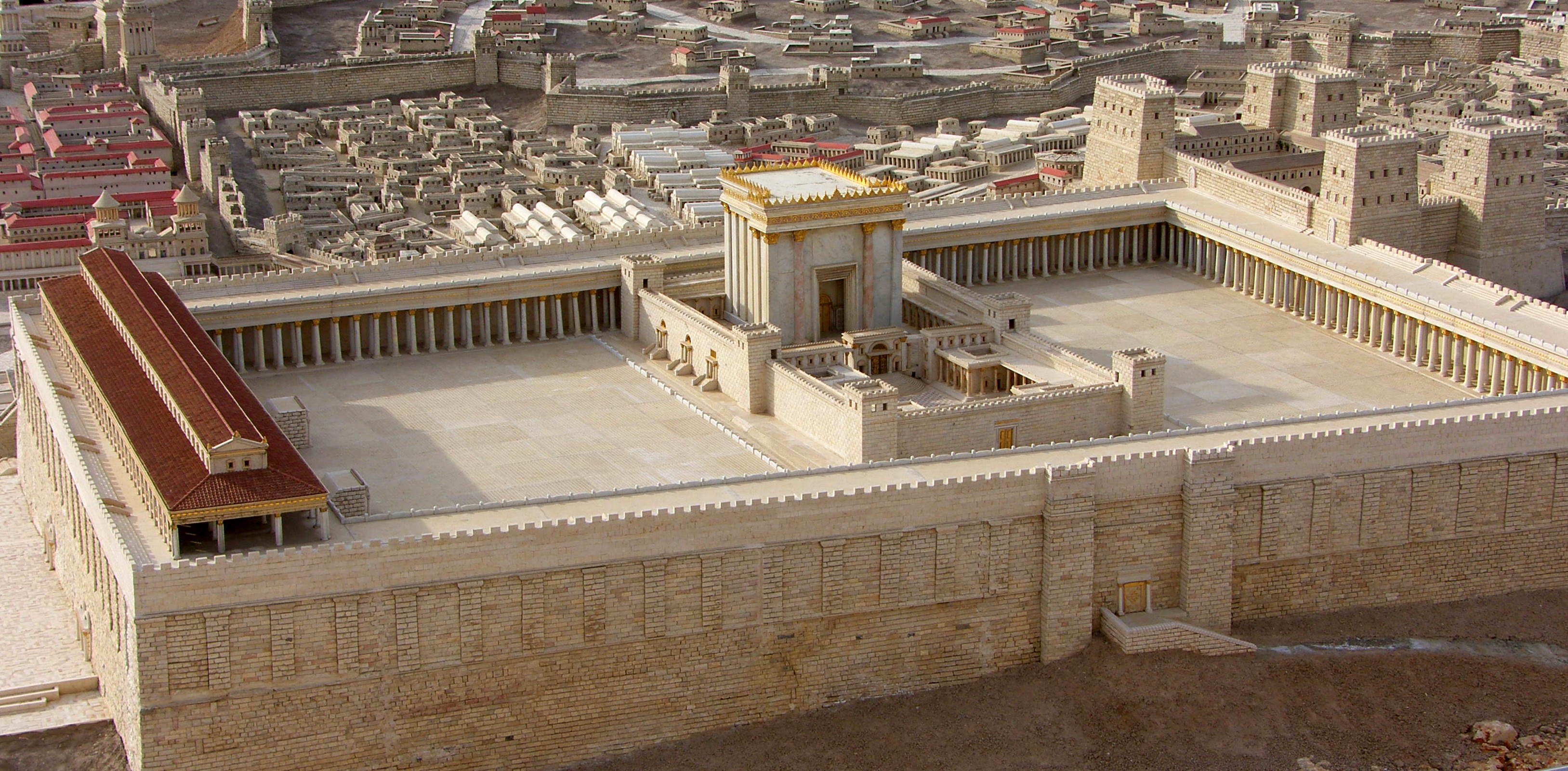|
Mihrdat I
Mithridates I (Mihrdat I) ( ka, მითრიდატე I) was the 1st-century king (''mepe'') of Iberia (Kartli, Georgia) whose reign is evidenced by epigraphic material. Cyril Toumanoff suggests 58–106 as the years of his reign. Armazi inscriptions Two inscriptions unearthed at Armazi, Georgia. One bilingual in Aramaic and Greek. The Greek inscription identifies Mithridates I as the son of the "great king" Pharasmanes (P'arsman), apparently the Pharasmanes I of Iberia of Tacitus’s ''Annals'' (In the same work Tacitus also mentions Mithridates I himself). The stone inscription in Greek speaks of Mithridates I as "the friend of the Caesars" and the king "of the Roman-loving Iberians". It also reports that the Roman emperor Vespasian fortified Armazi for the Iberian king in 75. Suny, Ronald Grigor (1994), ''The Making of the Georgian Nation'', p. 15. Indiana University Press, His mother was an unnamed Armenian princess of the Artaxiad dynasty being the daughter of the Ar ... [...More Info...] [...Related Items...] OR: [Wikipedia] [Google] [Baidu] |
King Of Iberia
This is a list of kings and queens regnant of the kingdoms of Georgia (country), Georgia before Georgia within the Russian Empire, Russian annexation in 1801–1810. For more comprehensive lists, and family trees, of Georgian monarchs and rulers see Lists of Georgian monarchs. Kings of Iberia Presiding princes of Iberia Georgia under Bagrationi dynasty Bagrationi dynasty Partitions of Georgia under Bagrationi rule Table of rulers Many members of the Bagrationi dynasty were forced to flee the country and live in exile after the Red Army took control of the short-lived Democratic Republic of Georgia in 1921 and installed the Georgian Communist Party. Since Georgia (country), Georgia regained independence in 1990 the dynasty have raised their profile, and in 2008 the two rival branches were united by marriage of the Mukhranski pretender David Bagration of Mukhrani and Ana Bagration-Gruzinsky, the eldest daughter of the Gruzinski pretender Nugzar Bagration-Gruzinsky. T ... [...More Info...] [...Related Items...] OR: [Wikipedia] [Google] [Baidu] |
Annals (Tacitus)
The ''Annals'' () by Roman historian and senator Tacitus is a history of the Roman Empire from the reign of Tiberius to that of Nero, the years AD 14–68. The ''Annals'' are an important source for modern understanding of the history of the Roman Empire during the 1st century AD. Tacitus' final work, modern historians generally consider it his magnum opus which historian Ronald Mellor says represents the "pinnacle of Roman historical writing". Tacitus' ''Histories'' and ''Annals'' together amounted to 30 books, although some scholars disagree about which work to assign some books to, traditionally 14 are assigned to ''Histories'' and 16 to ''Annals''. Of the 30 books referred to by Jerome about half have survived. Modern scholars believe that as a Roman senator, Tacitus had access to '' Acta Senatus''—the Roman senate's records—which provided a solid basis for his work. Although Tacitus refers to part of his work as "my annals", the title of the work ''Annals'' used tod ... [...More Info...] [...Related Items...] OR: [Wikipedia] [Google] [Baidu] |
State Museum Of History Of Georgia (Tbilisi Archaeological Museum) 2
State most commonly refers to: * State (polity), a centralized political organization that regulates law and society within a territory **Sovereign state, a sovereign polity in international law, commonly referred to as a country **Nation state, a state where the majority identify with a single nation (with shared culture or ethnic group) ** Constituent state, a political subdivision of a state ** Federated state, constituent states part of a federation *** U.S. state * State of nature, a concept within philosophy that describes the way humans acted before forming societies or civilizations State may also refer to: Arts, entertainment, and media Literature * ''State Magazine'', a monthly magazine published by the U.S. Department of State * ''The State'' (newspaper), a daily newspaper in Columbia, South Carolina, United States * ''Our State'', a monthly magazine published in North Carolina and formerly called ''The State'' * The State (Larry Niven), a fictional future government ... [...More Info...] [...Related Items...] OR: [Wikipedia] [Google] [Baidu] |
Giorgi Melikishvili
Giorgi Aleksandres dze Melikishvili ( ka, გიორგი ალექსანდრეს ძე მელიქიშვილი; ; 30 December 1918 – 19 April 2002) was a Georgian historian known for his fundamental works on the history of Georgia, Caucasia and the Middle East. He earned international recognition for his research on Urartu. Biography Giorgi Melikishvili was born in Tbilisi on 30 December 1918. He graduated from the Faculty of History of Tbilisi State University in 1939. In 1944, he began working at the Department of Georgian History of the Institute of History, Archaeology and Ethnography of the Academy of Sciences of Georgia. In 1954 he defended his doctoral dissertation, titled (Materials from the Ancient East on the history of the peoples of the Transcaucasus). From 1954 to 1988, he chaired the Department of Ancient History of the institute and from 1965 to 1999 served as the institute's director. He remained its honorary director until his deat ... [...More Info...] [...Related Items...] OR: [Wikipedia] [Google] [Baidu] |
Stephen H
Stephen or Steven is an English first name. It is particularly significant to Christians, as it belonged to Saint Stephen ( ), an early disciple and deacon who, according to the Book of Acts, was stoned to death; he is widely regarded as the first martyr (or " protomartyr") of the Christian Church. The name, in both the forms Stephen and Steven, is often shortened to Steve or Stevie. In English, the female version of the name is Stephanie. Many surnames are derived from the first name, including Stephens, Stevens, Stephenson, and Stevenson, all of which mean "Stephen's (son)". In modern times the name has sometimes been given with intentionally non-standard spelling, such as Stevan or Stevon. A common variant of the name used in English is Stephan ( ); related names that have found some currency or significance in English include Stefan (pronounced or in English), Esteban (often pronounced ), and the Shakespearean Stephano ( ). Origins The name "Stephen" (and its com ... [...More Info...] [...Related Items...] OR: [Wikipedia] [Google] [Baidu] |
Jews
Jews (, , ), or the Jewish people, are an ethnoreligious group and nation, originating from the Israelites of History of ancient Israel and Judah, ancient Israel and Judah. They also traditionally adhere to Judaism. Jewish ethnicity, religion, and community are highly interrelated, as Judaism is their ethnic religion, though it is not practiced by all ethnic Jews. Despite this, religious Jews regard Gerim, converts to Judaism as members of the Jewish nation, pursuant to the Conversion to Judaism, long-standing conversion process. The Israelites emerged from the pre-existing Canaanite peoples to establish Kingdom of Israel (Samaria), Israel and Kingdom of Judah, Judah in the Southern Levant during the Iron Age.John Day (Old Testament scholar), John Day (2005), ''In Search of Pre-Exilic Israel'', Bloomsbury Publishing, pp. 47.5 [48] 'In this sense, the emergence of ancient Israel is viewed not as the cause of the demise of Canaanite culture but as its upshot'. Originally, J ... [...More Info...] [...Related Items...] OR: [Wikipedia] [Google] [Baidu] |
Siege Of Jerusalem (70 CE)
The siege of Jerusalem in 70 CE was the decisive event of the First Jewish–Roman War (66–73 CE), a major rebellion against Roman rule in the province of Judaea. Led by Titus, Roman forces besieged the Jewish capital, which had become the main stronghold of the revolt. After months of fighting, they breached its defenses, destroyed the Second Temple, razed most of the city, and killed, enslaved, or displaced a large portion of its population. The fall of Jerusalem marked the effective end of the Jewish revolt and had far-reaching political, religious, and cultural consequences. In the winter of 69/70 CE, following a pause caused by the Roman succession war, the campaign in Judaea resumed as Titus led at least 48,000 troops—including four legions and auxiliary forces—back into the province. By spring, this army had encircled Jerusalem, whose population had surged with refugees and Passover pilgrims. Inside the city, rival factions led by John of Gischala, Simon ... [...More Info...] [...Related Items...] OR: [Wikipedia] [Google] [Baidu] |
Erato Of Armenia
Erato (Armenian: Էրատո) was a queen of Armenia from the Artaxiad dynasty. She co-ruled as Roman client queen in 8–5 BC and 2 BC–AD 1 with Tigranes IV. Erato reigned alone in 1–2 AD. After living in political exile for a number of years, she co-ruled as Roman client queen from 6 until 12 with Tigranes V, her distant paternal relative and possible second husband. She may be viewed as one of the last hereditary rulers of her nation. Family Erato was the second child and the known daughter born to Tigranes III. She had an older paternal half-brother Tigranes IV. Erato was born and raised either in Rome, where her father lived in political exile for 10 years from 30 BC until 20 BC, or during her father's kingship of Armenia from 20 BC until 10 BC. Erato's father, Tigranes III, died before 6 BC. In 8 BC, the Armenians installed Tigranes IV as successor of Tigranes III. In accordance with Oriental or Hellenistic custom, Tigranes IV married Erato in order to preserve the ... [...More Info...] [...Related Items...] OR: [Wikipedia] [Google] [Baidu] |
Tigranes IV
Tigranes IV (30s BC–1)Sayles, ''Ancient Coin Collecting IV: Roman Provincial Coins'', p.62 was a prince of the Kingdom of Armenia and member of the Artaxiad dynasty who served as a Roman client king of Armenia from 8 BC until 5 BC and 2 BC until 1 AD.Lang, David M. “Iran, Armenia and Georgia.” In: ''Cambridge History of Iran'', Vol. III, Part I, p. 513. Family background and early life Tigranes IV was the son born to Tigranes III by a mother whose name is unknown.Kurkjian, ''A History of Armenia'', p.73 His known sibling was his younger paternal half-sister Erato who was born to another woman, whose name is also unknown. Although Tigranes IV was the namesake of his father, the name ''Tigranes'' was the most common royal name in the Artaxiad dynasty and was among the most ancient names of the Armenian Kings. Tigranes IV was born and raised either in Rome where his father lived in political exile for 10 years from 30 BC until 20 BC or during his father's Kingship of Armenia i ... [...More Info...] [...Related Items...] OR: [Wikipedia] [Google] [Baidu] |


